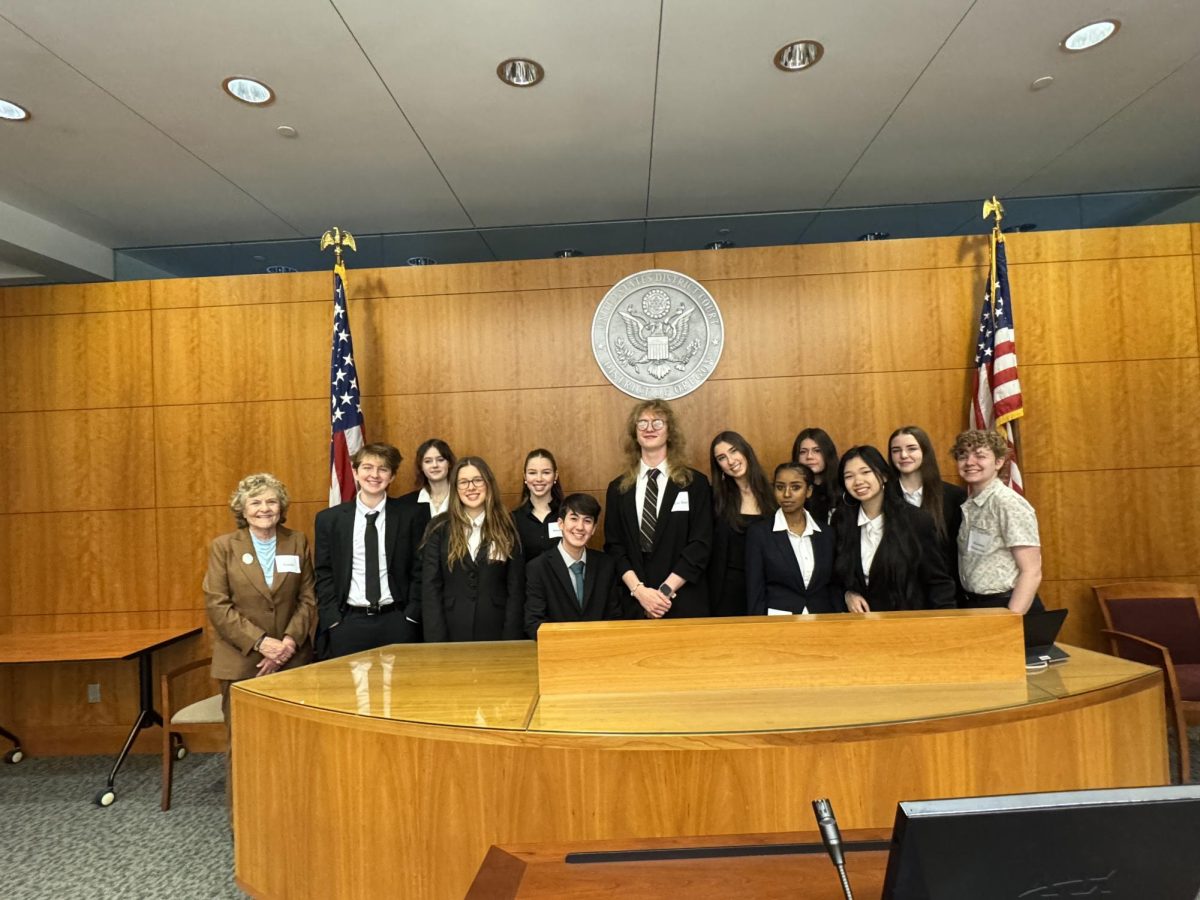
Trillium is a diverse community that fosters positivity and support in students of all ages. Due to lack of funding from PPS, Trillium will be closing its doors this summer after the end of the current school year. The above drawing created by a Trillium student represents the school’s loving community.
After failing to meet the requirements of a district-issued improvement plan, Trillium Charter School’s charter status has been unanimously revoked by the Portland Public Schools (PPS) board. The board met on Tuesday March 5, 2019 to decide the fate of the North Portland school.
Due to dropping test scores, administration at Trillium was asked to form a plan to improve the school’s infrastructure, funding, academics, and enrollment. They were given one year to submit the improvement plan to PPS, have it approved by the district, and begin to implement changes within the school.
Some members of the community argue that the time frame of the improvement plan was unreasonable. “We’ve gone through a lot of changes at this school. I don’t think PPS’ decision really takes that into account,” says Trillium senior, Ethan Vandetta.
Of the recent changes at Trillium, the most substantial has been in the school’s staff. Patrice Mays, the Executive Director at Trillium, explains that the school has had difficulties retaining staff as a result of insufficient funding. “We can’t pay comparably to PPS,” Mays says, although staff members who do stay at Trillium “are there because they care about and believe in the community, not necessarily for the paycheck,” she continues. Mays herself has been a parent and high school teacher at Trillium since 2014. However, she has only been the Executive Director since the beginning of the 2017-2018 school year.
Regardless of the charter’s inconsistent administration, PPS will not be funding Trillium for the next school year. In previous years, Trillium has received approximately two thirds as much funding as ordinary PPS schools, Mays estimates. The rest of Trillium’s funding comes from grants, private donations, the state of Oregon, and Measure 98. Measure 98 is a state fund that supports various high school programs throughout Oregon.
Without funding from PPS, Trillium will not be able to keep its doors open in the fall. The school is scheduled to close in June. Mays is determined to make the most of what time she has left to support her community. “I have 6 months to provide a quality educational experience for our students,” says Mays.
Community is very important at Trillium. Freedom, creativity, and acceptance are strong values throughout the staff and student body. “Everybody is taught the way they need to be taught,” Vandetta comments. He believes that all schools should be prioritizing “actual education over just the records of an education.” Since Trillium is a charter school, they have more freedom to experiment with different methods of providing that education to their students than district-run public schools. Public charter schools are required to follow state rules, but they do not operate under PPS rules.
“Being an experimental place allows us to feed PPS with better practices,” shares Mays. As a charter school, Trillium is able to help move the rest of the schools around them towards positive changes within their practices. “A lot of what we do in charter schools, the public schools adopt. We were the first school in the city to be doing non-violent conflict resolutions,” Mays explains.
Trillium does not test students in standard fashion. Instead, they assess students’ knowledge and ability primarily through conversations and presentations called exhibitions. Vandetta explains that being an experimental school “allows [students] to have better relationships with each other and with teachers.” The students at Trillium feel respected for who they are. Mays explains that many Trillium students come from challenging backgrounds and have had to overcome a lot of adversity. She sees Trillium as an oasis among harsh environments for these resilient students. “This community gives them life. It gives them hope,” says Mays.
Others feel that the end of Trillium has been long coming. “Every time I visited, it just got worse and worse,” an anonymous former student remarks. The student attended Trillium for their middle school years, and has continued to stay updated on school events. “I had amazing English teachers and social studies teachers, but the rest of my classes were jokes,” they said. Although much of Trillium’s academics felt inadequate to them, they say that, “[the teachers] tried to be super supportive to everyone.” They credit their fellow students with bringing negativity to Trillium’s student body.
As students and staff prepare to venture beyond the inclusive walls of Trillium Charter School, their eyes are focused on the future. “There’s a reason why we exist, and it’s beyond the test scores and the numbers. We exist because of who we serve,” Mays says. She is happy to have helped build a community based on love and acceptance. No matter what happens in the future, Mays says, “I want students to know they are appreciated and valued in this community whether or not it exists…Trillium doesn’t stop when the school ends.”
































